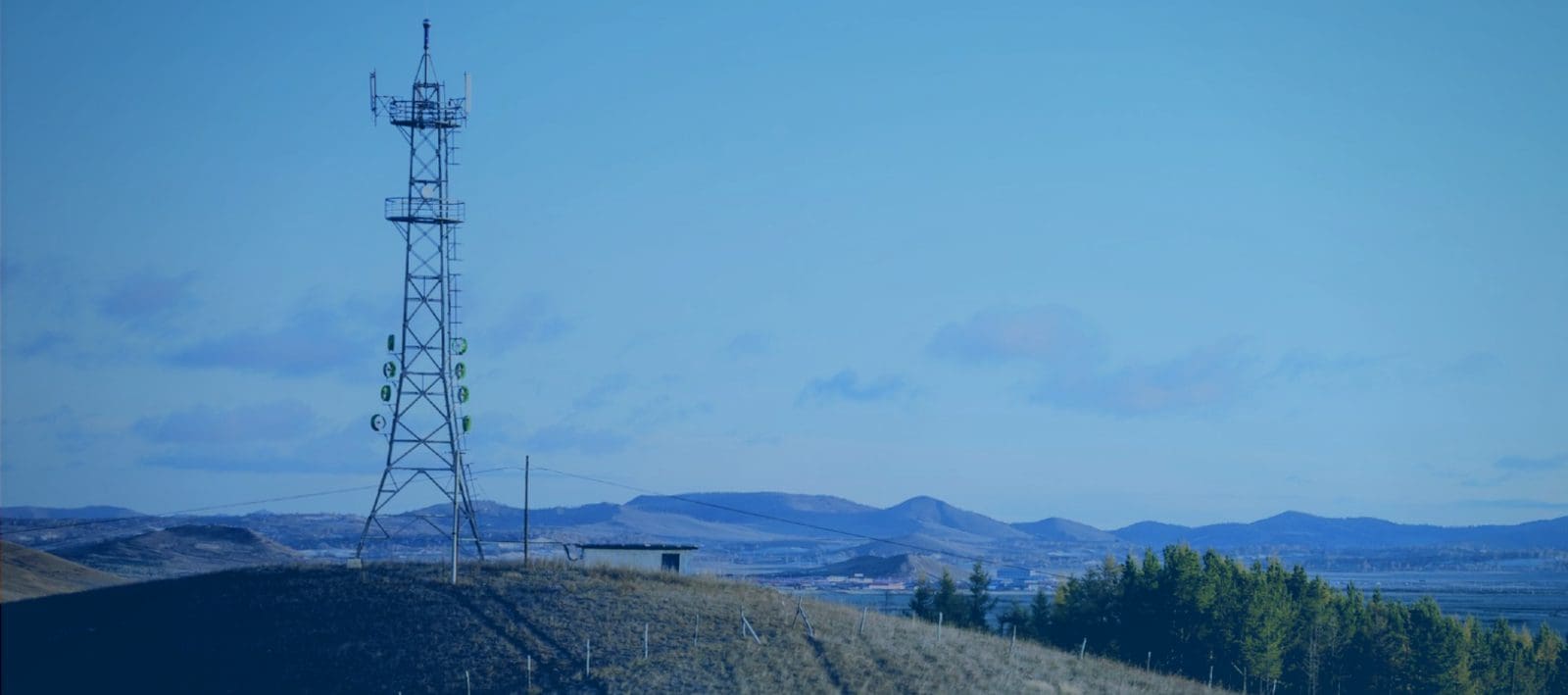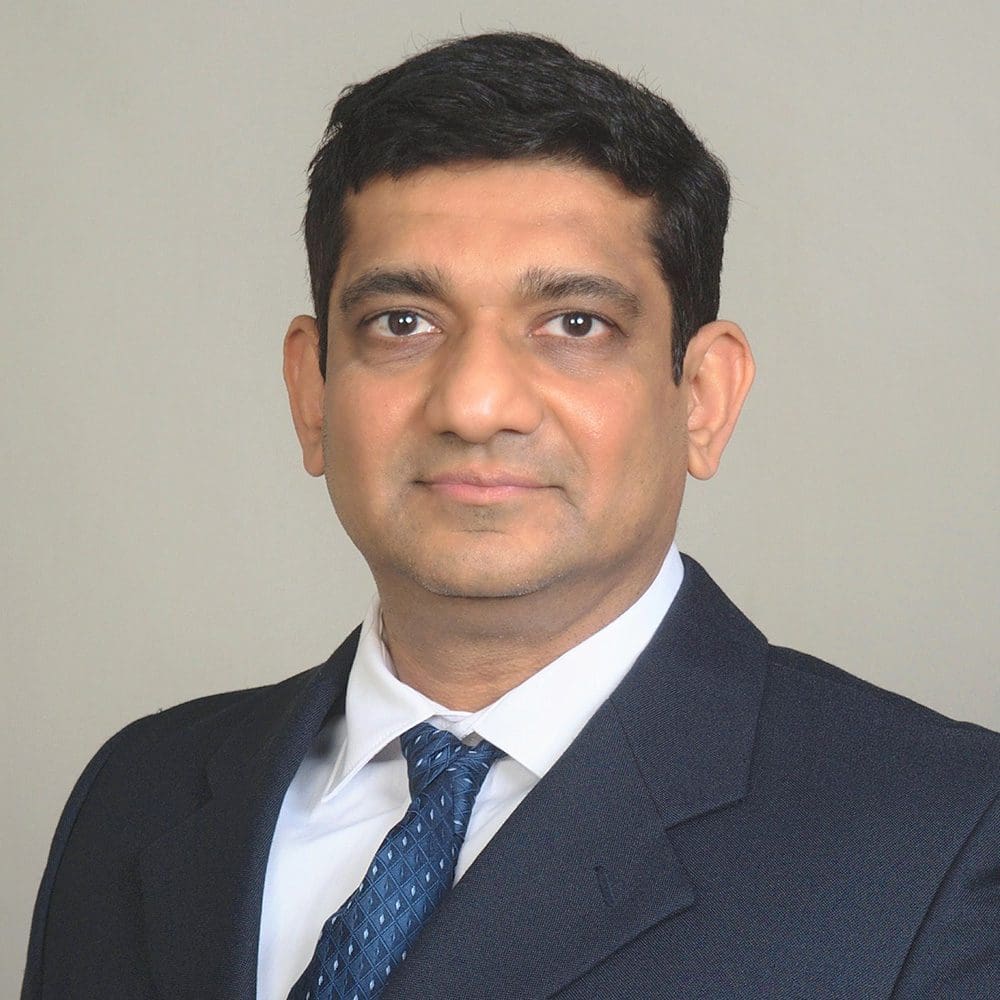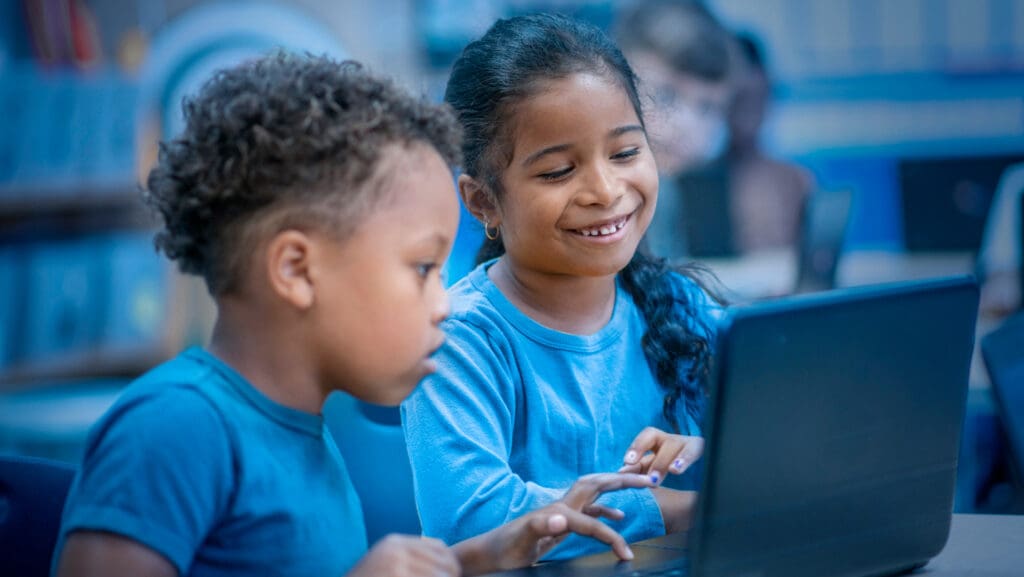View Video Transcript
Purva Rajkotia:
Hello, everyone welcome to the rural communication video series. In this series, we ask industry leaders and experts about their insights on hard to provide connectivity to the rural and isolated population of the world.
This video series is powered by IEEE SA Connectivity and Telecommunications practice. I am your host and the practice lead Purva Rajkotia. In this episode, we had the privilege to have with us Professor Koo.
Professor Koo is one of the co-founders of iCenter at Tsinghua, a school-in-school experiment at Tsinghua University in Beijing, where he serves as a director of international relations of iCenter. He was on the design and deployment strategies, digital learning infrastructures for individuals and institutions. He created a learning methodology XLP, which is the extreme learning process, which is being practiced at many levels of educational institutions in China. Based on XLP, Professor Koo has created an associated degree program at Tsinghua, Minor in Technology Innovation and Entrepreneurship, that covers all disciplinary domains at this general-purpose University and aimed at using the experience as a basis to inform and reform higher education practices in China.
Professor Koo has Ph.D. degree in engineering systems division and a master’s degree in system design and management both from MIT. Also, he has a master’s degree in industrial engineering and operations research, and a bachelor’s degree in mechanical engineering from the University of Minnesota. So, welcome to the program, Professor Koo.
Hsueh-Yung Benjamin Koo:
Thank you, thank you Purva.
Purva Rajkotia:
So I wanted to understand from your side, what is the problem or issue you are seeing in your field that ties back to the mission of connecting the unconnected or providing the connectivity to the rural communication?
Hsueh-Yung Benjamin Koo:
Yes, that my current physical location is in Bali, Indonesia. And I’m facing a large number of people who are not the traditional kind of users that we will have in the non-rural area, the urban area. And the main problem is not that they don’t use cell phones or don’t use ICT technologies. It’s once they start using them their privacy and all the data they generated belong to the operator, not belongs to them. Therefore, the problem issues that I see is, how do we deploy technologies in ways that we still give these people full privacy protection so more importantly, even allow them to have self-sustaining operation that they can truly operate and own their data, whether they have farmers, or they are villagers who do not have the traditional kind of industrial background, and that they should learn along with other people. I mean, people in the urban areas right here.
So given that the idea, it turns out, it is very possible to pull in all these solutions to even so-called the lower-income sections of the world. For example, Bali in the last year basically was completely shut down. Most people lost their job in a zero income. So there are many of these types of social activities that is providing food from farms to low income or zero income people. And also they are still mobilizing people to do a lot of community services. However, none of these things are using directly applied ICT technology. However, they do know that if they were able to collect the data that how many people they have been providing food, and how many garbage or whatever environmental cleaning actions they can have, this kind of data could be profoundly useful for their own local community, governance, and other obviously useful features. However, to gain these things that technology to do this is actually cheaply available, both in terms of hardware and software. Then the program that enables these people to use this key technology is a true gap. No matter how cheap these things are, whether they can use them on their own and also expand new ways and new modes of utilization. That would be the primary challenge. So, I hope I did answer your question. That’s the challenge.
Purva Rajkotia:
Right, exactly. Exactly. So, how long have you been involved in this area or your industry and what role do you play in IEEE SA’s activities?
Hsueh-Yung Benjamin Koo:
Yes, I’ve been physically coming to this location in Indonesia. Because we are setting up a new campus here in Bali. Since then I’ve been working with IEEE SA, with many of them including you, to talk about a possible engagement and officially even setting up a branch office here in Bali. That’s the plan and so we’re setting up an industrial park. So, the relationship with IEEE is to basically identify opportunities. Originally, I wanted to run a Hackathon to basically mobilize digital nomads physically living here and also global hackers who can help to develop these programs.
But as I was trying to do this with IEEE, and also with local people, I realized that that person actually has very little idea about how to utilize the notion of technology standards. And specifically, data and information protocols. Because programmers or nonprogrammers are very much removed from the notion of technology standards.
As I just mentioned earlier, the key idea about so-called technology challenges for rural unconnected people, it’s not that they are not already using technology such as go jack and grab is a national infrastructure for basically a kind of Amazon or Alibaba of Indonesia. However, that the problem is that they don’t know what kind of protocols and protection they could have to protect their data asset and privacy. So that’s what I realized when I’m working with IEEE SA to promote and also instill this idea about technology standard is a crucial part of this educational process. And the technologies solution designed to tackle these problems and enable them to own their own data must be self-educating, self-sustaining, and also allow them to basically capture data on their own terms, not to be utilized, profiting only capital intensive organizations.
Purva Rajkotia:
Right, from your experience how do you see IEEE SA supports the challenges in terms of connecting the unconnected, or the issues that you mentioned about the challenges people are seeing in villages and the farmers?
Hsueh-Yung Benjamin Koo:
Yes, so it turns out as I was exploring solutions basis, I realize that most of the existing technologies not only are available. Even the software packages, including so-called things like media wiki and docker containers and all these, are relatively cheap. IEEE 802.11 and 4g 5g kind of communication standards are already very well established. The main challenge for getting people to know they have a right to use these technologies and also the content that can be embedded into MediaWiki and they can actually operate all these open source technologies or nonprofit oriented technology protocols and knowing what protocols can actually enable them to best, serve their own interests within their local communities. These are the things that IEEE can really profoundly shape and change the notion of data as an asset for rural community members.
So, those things are I think not even available in many urban areas. And this is I hope what I can actually help work with and also local communities to introduce the idea of managing your data by packaging many of these knowledge containers to be running at home and in communities, and in both local area network, and also in global area network at a very low cost. So they can truly share data and own the data by local community members.
Purva Rajkotia:
Right. So how can the audience members or the folks who want to get engaged in IEEE, how can they be involved in this project and the activities that you are leading right now?
Hsueh-Yung Benjamin Koo:
As I was running the program, the T-shirt I’m wearing says “the people’s marketplace.” They remobilize 500 farms to basically deliver free food to many low-income people. However, the biggest opportunity for local people, and also global people to engage with us is again using open source tools, such as MediaWiki, using some of the hyperlink technical document and also provide technology standard content, the same exact infrastructure, and also food distribution and garbage collection exchange platform. The same kind of governance practices can be shared across many, many locations. Location and even time zone intended, and that’s where technology can really help and we hope we can actually set up many, many instances of community-run, MediaWiki services. And then we can very easily change the complete sets of websites. And then we can exchange knowledge content as well as operational experience, and operational data content. Obviously, in a situation where we do not intrude any kind of privacy and all the data ownership issues. And then people who have extensive technology background can actually help coach people here to deploy data solutions and people who have better governance experience can actually help write and edit the content for better data and also information operation governance.
And obviously, we can also provide many of the local operation experience to feedback to other people. So it could be a very large marketplace for people to share and exchange this experience that we are establishing here.
Purva Rajkotia:
I just wanted to get your insights into how important is the aspect of education from the viewpoint of providing connectivity to the unconnected and providing connectivity to the rural villages?
Hsueh-Yung Benjamin Koo:
Yes, in terms of educating both in terms of technology developers as well as rural community operators or managers. That having a consistent set of vocabulary to talk about data ownership to talk about what are the foundations of governance or collaboration in general. It turns out it is really time and spatial-based, understanding of the coherence of agreements.
So those things can be relatively easily achieved by having a set of well-organized documents like MediaWiki. So having very, very focused and small sets of technical documentation features helps education and helps document the overall experience and many many languages in many locations, especially with multimedia features in browsers, and also in relatively popular cell phones. You can already use QR codes and many of the existing human-friendly user interfaces to provide security to provide data sharing. Therefore, education actually at this age, what I’ve seen here in Indonesia that the rural area has already been adopting many technologies.
The only thing they need to know a little more is how can systematically manage data ownership with proper security features. And those things require simple and multilingual technical documentation that can be read and or designed to be read by average people. And that’s the educational part. And this is again why knowledgeable people can both keep that technical content correct while making it accessible to readers. That would be the main educational challenge and also the educational accomplishment by educating the next generation of rural communities to access data safely and profitably for themselves.
Purva Rajkotia:
Right. Again thank you so much Professor Koo for your insights. Thank you again for watching this program.
If you are interested, please visit IEEE SA rural communications program and learn more about our activities and how you can get involved.
The COVID-19 pandemic emphasized the need for data governance in order to enable universal connectivity and data sharing for efficient public services. In Indonesia, for example, many users lack confidence in the use of cell phones or ICTs (Information and Communication Technologies) because the data they generate are owned by private operators. One important way to tackle the challenge is to leverage technology standards and data protocols that help to protect user data and privacy.
This video Q&A examines the policy and educational challenges in connecting the unconnected in Indonesia and how technology standards can support sustainable and trustworthy data governance for all.
Related Resources
About the Speaker
Prof. Hsueh-Yung Benjamin Koo (顧學雍) is one of the founders of iCenter@Tsinghua, a school-in-school experiment at Tsinghua University, Beijing, where he serves as the Director of International Relations of iCenter. He works on the design and deployment strategies of digital learning infrastructures for individuals and institutions. He created a collective-learning methodology: Extreme Learning Process (XLP), which is being practiced at many levels of educational institutions in China.
Based on XLP, Prof. Koo co-created an associate degree program at Tsinghua: “Minor in Technology Innovation and Entrepreneurship”, that covers all disciplinary domains at this general-purpose university, and aims at using the experience as a basis to inform and reform higher education practices in China.
Prof. Koo’s research interest is related to knowledge management in general. He earned a doctoral degree in Engineering Systems Division, and a master’s degree in System Design and Management, both from MIT. He also had a master’s degree in Industrial Engineering and Operations Research, and a bachelor’s degree in Mechanical Engineering, both from the University of Minnesota.









